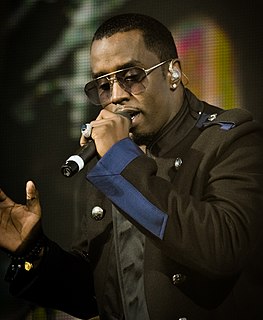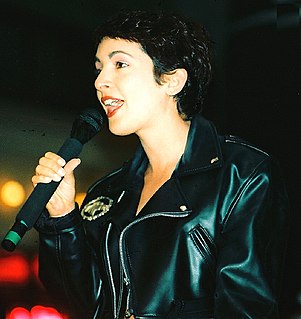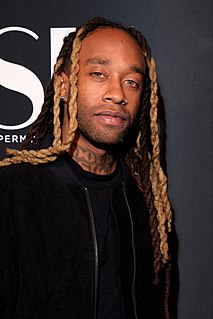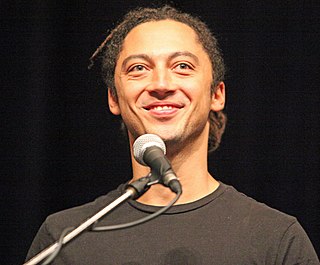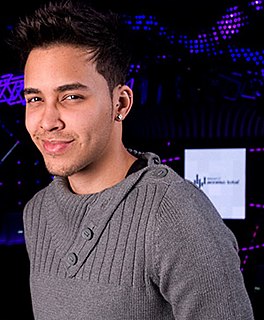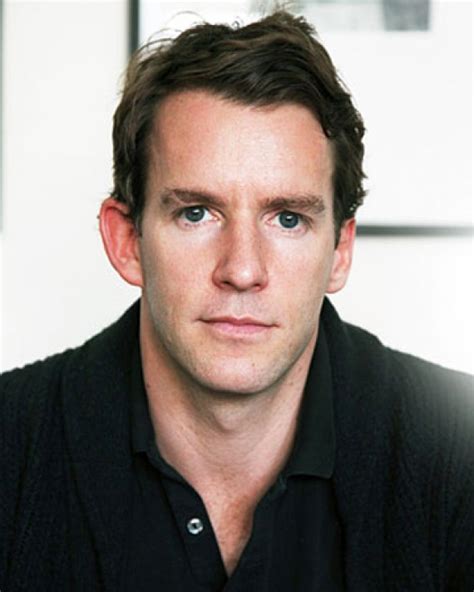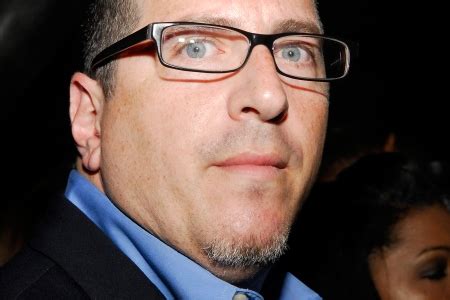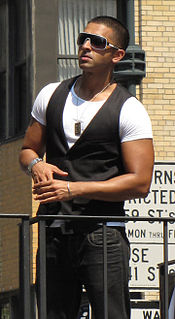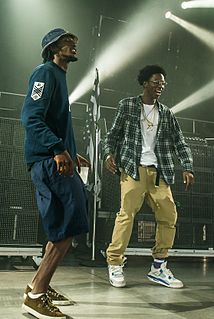A Quote by MO
For a long time I wasn't actually listening to pop. But when I got back into electronic and hip-hop stuff, I rediscovered my passion for pop music.
Related Quotes
In some ways it's hard to see electronic music as a genre because the word "electronic" just refers to how it's made. Hip-hop is electronic music. Most reggae is electronic. Pop is electronic. House music, techno, all these sorts of ostensibly disparate genres are sort of being created with the same equipment.
My definition of hip hop is taking elements from many other spheres of music to make hip hop. Whether it be breakbeat, whether it be the groove and grunt of James Brown or the pickle-pop sounds of Kraftwerk or Yellow Magic Orchestra, hip hop is also part of what they call hip-house now, or trip hop, or even parts of drum n' bass.
I've got all of the old school vinyls from the '70s - even further back, like the jazz music in the '40s, '50s, '60s. Then I've got all the '80s stuff underground, hip-hop when hip-hop really first started. The '90s stuff. All of the good stuff, because I'm really into music, and it helps me create new songs now.
I wouldn't compare my sound on the mixtape to anything, but my influences are like - the minimal amount of hip-hop that I actually do know - because I didn't grow up listening to hip-hop like that. No one really put me on to hip-hop like that... My dad's from Jamaica and my mom is from Barbados, so that's really the stuff I grew up listening to.


